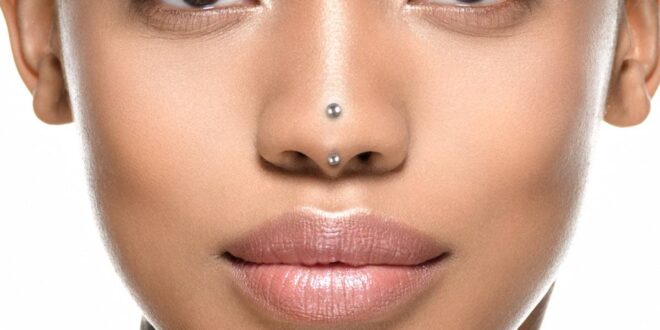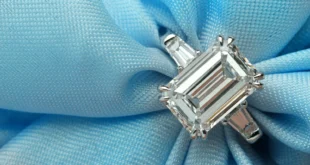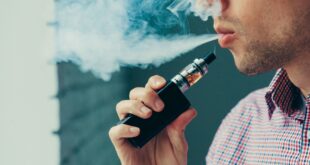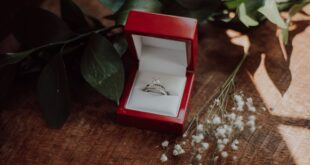Around 83% of Americans have their ears pierced, which shows how common piercings are.
Piercing enthusiasts should know the difference between guns and needles to decide on the safest method. But, if you go into a new piercing without knowing your stuff, you’re potentially putting your body at risk. Maybe that’s why you’re here; you’re unsure of the differences and need a nudge in the right direction.
Hit the nail on the head? Luckily, we’ve got you covered. Here’s everything you need to know about needles and a piercing gun.
Table of Contents
What Are Piercing Needles?
Regardless of the types of piercings, you’re interested in, you’ve likely seen a piercing needle before. These are hollow needles with a triangle tip that easily enter the skin with zero tissue damage. Aside from your ears, piercers use needles for noses, belly buttons, and even nipples.
What Are Piercing Guns?
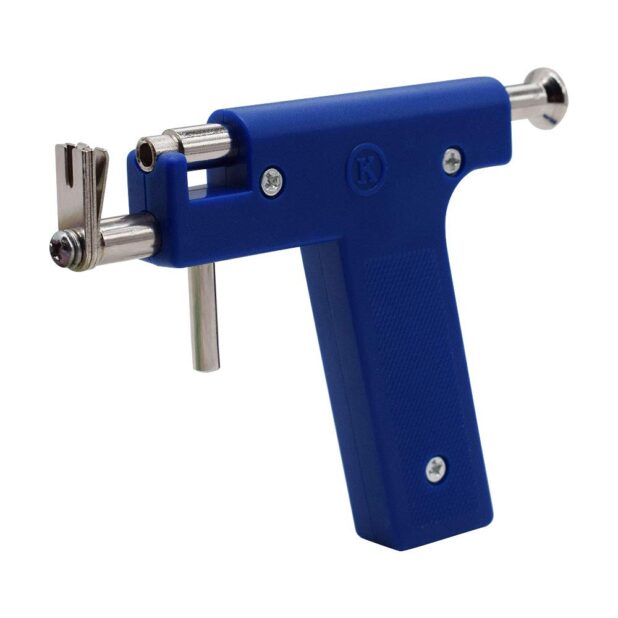
Our piercing guide wouldn’t be complete without mentioning guns. Body piercing enthusiasts believe that guns should be restricted to earlobes.
During the process, a stud earring and clasp are fastened to the hand-held machine and, once you pull the trigger, the stud is shot through your earlobe and into the backing.
A piercing gun is popular because it’s quick, convenient, and less expensive than using a needle, which makes it a traditional method.
Advantages of Piercing Needles
As mentioned, all kinds of piercings heal well with a needle.
Customers are assured that the needle has never been used so there’s zero risk of contamination from using someone else’s needle. Also, piercing needles are easy to sterilize, thanks to using high-pressure steam.
Further, professional body piercers receive training on proper techniques, how to prevent infections and ways to accelerate the healing process. Body piercers will also learn what to do if there are signs of rejection and how to avoid piercing near a nerve.
People who have piercings will tell you that needles are far less painful. This is because the needle’s design is optimized to enter the skin without any tension. Because of this, if you have a low pain threshold, ask your piercer to use a needle.
Another huge perk is that piercing needles minimize bacteria. For instance, if you’re piercing your nostril, the piercer will recommend captive bead nose hoops because it gives the fresh piercing enough room to move. As a result, bacteria can’t sit and fester on the piercing, potentially putting it at risk.
Advantages of Piercing Guns
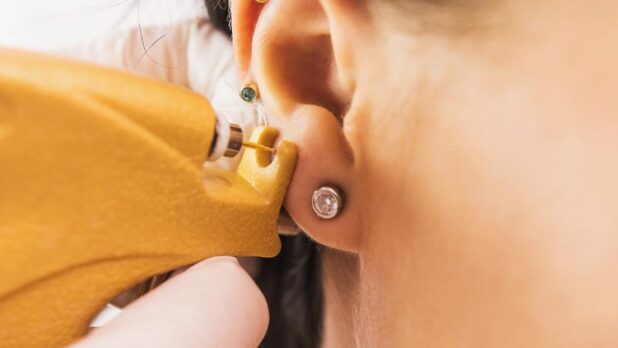
Before deciding between the two, it’s wise to cover piercing guns. Most body piercers will always choose needles over them for a number of reasons unless it’s an earlobe.
The main issue with piercing guns is that they increase the risk of infections. Unlike needles, guns can’t properly be disinfected so your piercings may not be sanitary. Also, piercers who use guns choose non-disposable ones that will likely get used by multiple people in one day.
Also, these piercers are likely to use less high-quality jewelry. Make sure that the jewelry is titanium or implant-grade steel because many gold or sterling pieces likely contain nickel, which isn’t ideal for fresh piercings.
And if you’re getting your earlobes pierced by a gun, check that it doesn’t have a butterfly back because these can irritate newly pierced sites. Instead, choose a straight post and flat-backed jewelry.
Additionally, piercers have less accuracy with a gun. Firstly, the piercer likely hasn’t received much training, which is why they’re using a gun in the first place, so it’s harder to find the perfect spot. And, as you can imagine, using a piercing gun makes it near impossible to see where you’re aiming at.
How to Find a Reputable Body Piercer
One of the top piercing tips is finding a reputable body piercing beforehand. Depending on what you want to be pierced, ask friends and family members for recommendations, especially if they’ve had a piercing recently. The beauty of word-of-mouth is that your loved ones will share their honest feedback about whether the parlor is worth your time and money.
You should also search for piercers in your area via Google. Spend time browsing through their social media pages for photos and check out the reviews. Note, if there are recurring negative comments, continue your search as that’s a major red flag.
If you’re new to piercings, pop into the studio and ask questions. Most credible piercers will happily answer any questions and put your mind at ease. Start by asking what tools they use and their sterilization process, especially if that’s a major concern for you.
You should also ask the piercers about their certifications. At the minimum, body piercers should receive an annual bloodborne pathogen training so ask to see it. Also, many credible professionals are part of the Association of Piercing Professionals as it shows that the studio has been recently reviewed.
Top Piercing Aftercare Tips
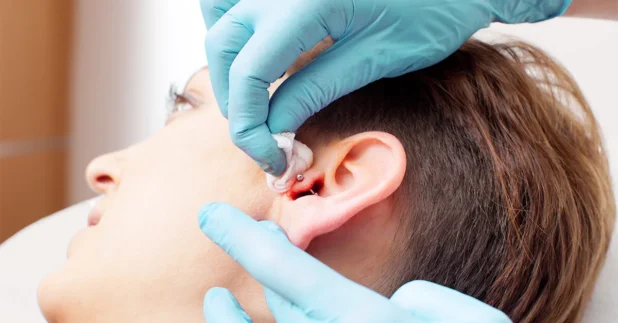
Regardless of how you’ve got pierced, it’s important to follow the right aftercare tips.
The number one rule is never to play or twist the jewelry because you could cause an infection, especially if your hands aren’t sterilized. Piercers also recommend soaking the piercing in saline solution or, if you’re not confident with creating the perfect ratio, spray wound wash onto the area instead.
In the early stages, clean the piercing twice a day and let dead skin fall off naturally.
Piercing Gun vs. Needle
Hopefully, you can now tell the difference between a piercing gun and a needle.
There are many reasons why needles are superior, from promoting the healing process and being more sanitary. But the key is finding a reputable piercer by asking around and reading online reviews. Good luck!
If you enjoyed this post, check out the rest of our blog.
 World Magazine 2024
World Magazine 2024
